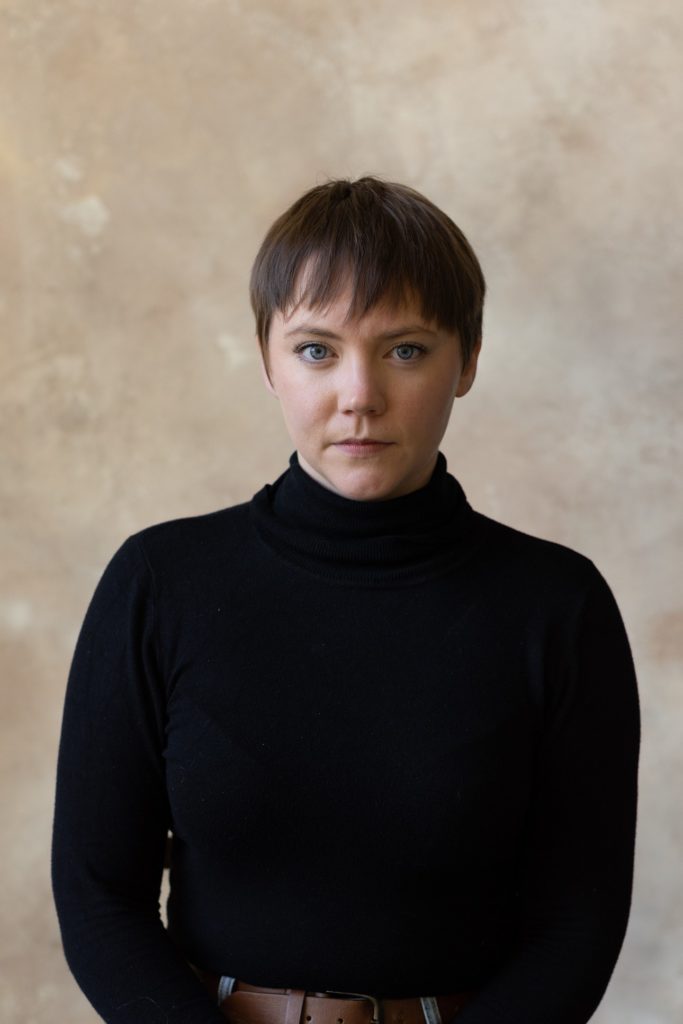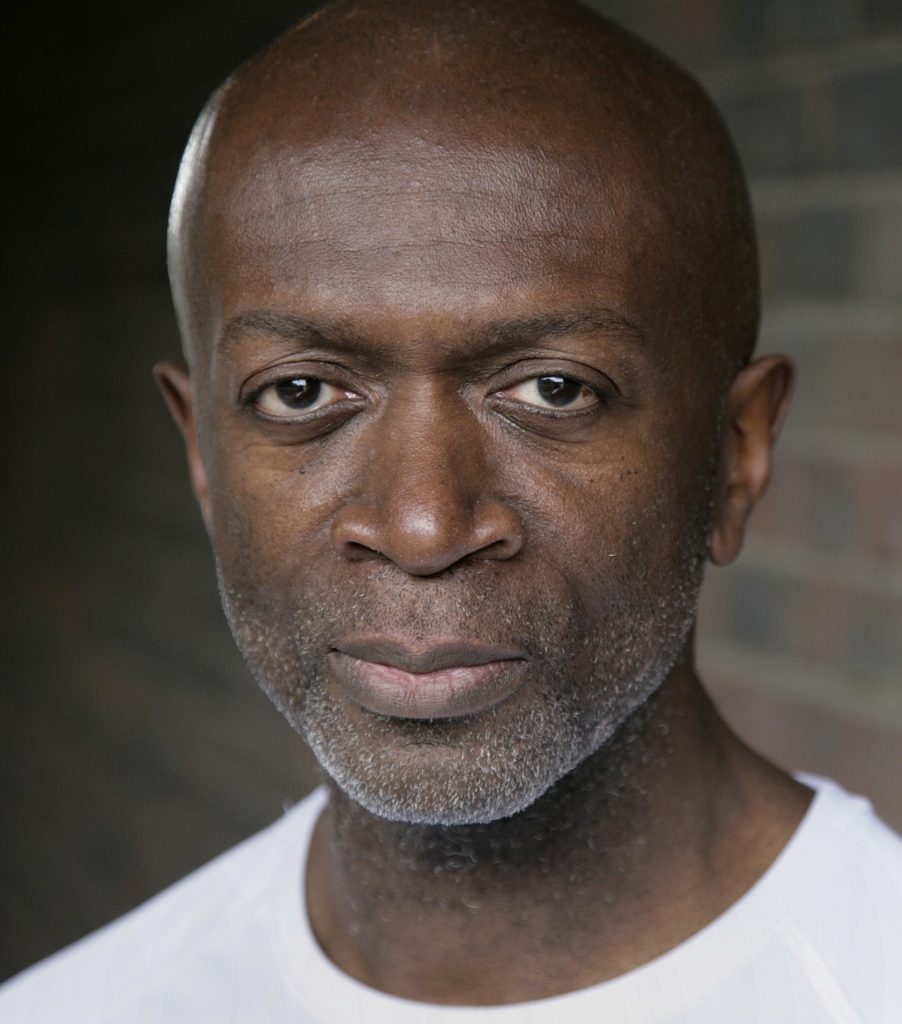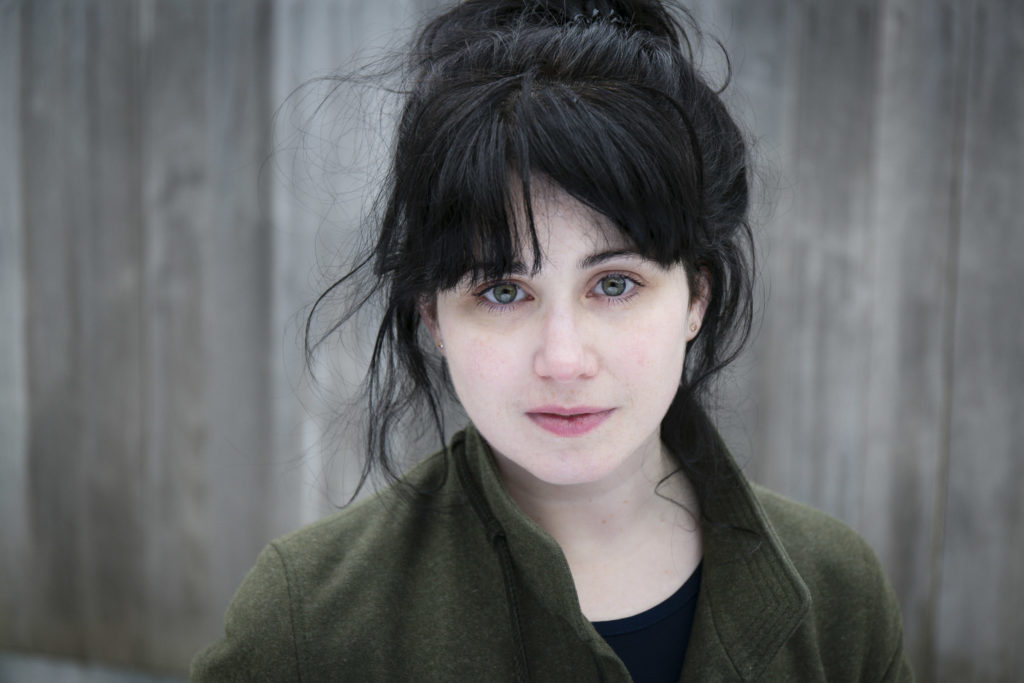A South African grapefruit starts something that takes nearly three years to resolve.
The incident in a Dublin store leads to industrial action by a handful of brave workers to help the fight against apartheid. The episode has now been dramatised in the play Strike!, staged at the Southwark Playhouse, London
 Chloe O'Reilly as Mary Manning
Chloe O'Reilly as Mary ManningArdent Theatre’s Strike!, a play based on the inspirational story of the 1980s Dunnes stores anti-apartheid strike in Ireland has now opened at Southwark Playhouse and runs until May 6.
The Dunnes Store strike was one of the most pivotal protests of the anti-apartheid movement outside of South Africa, to audiences in the capital.
Strike! tells the story of the famous walkout by staff members between 1984-87.
The strike followed the actions of Mary Manning, an employee who refused to sell a South African grapefruit to a store customer. She was subsequently suspended by management. The strike lasted until April 1987 when the Irish government banned the import of South African goods.
The three-year long Dunnes Stores dispute, which ran from 1984 to 1987 has become significant both in the memory of Irish trade unionism and in the history of the global civil society movement against apartheid in South Africa.
The strike began with a walk out by a handful of young, women and one man. The employees staged their industrial action from Dunnes Stores in Dublin in July 1984, after Mary Manning, a 21-year-old cashier and trade unionist refused to handle a South African grapefruit. This ultimately resulted in Ireland becoming the first country in the world to ban the importation of South African goods.
 Mensah Bediako as Nimrod
Mensah Bediako as NimrodFull of passion and humour, Strike! is the true story of the hardships and personal sacrifices, the friendships and camaraderie these young people experienced as they stood up for what they believed in. As their understanding of the suffering under apartheid in South Africa and the politics within their own government deepened, they began a journey that would change their lives, and Ireland, forever.
To begin with the strike garnered little support, but it slowly grew. They were hugely encouraged when Archbishop Desmond Tutu met with the strikers on his way to receive the Nobel Peace Prize. He invited them to visit South Africa. Eight of the strikers travelled to South Africa in 1985, but were not permitted to enter the country.
Nelson Mandela made Ireland the first European country to visit following his release and met with the women, thanking them personally, saying their actions helped to keep him going while in prison and ultimately he said, led to the fall of the apartheid regime in South Africa. They were subsequently invited and attended Mandela’s funeral in 2013.
These were young, working-class women had little idea how big their action would be and they had a limited understanding of world affairs in general when they began their dispute, but this quickly changed and they became very well informed with exiled South African speaking with them and supporting them. It was such an incredibly brave response by these women, which resulted in huge changes not just in Ireland but across the world.
With a cast of 13, this is quite a large number of actors for a fringe show but the company has crowdfunded the show with money from various pots including the heritage lottery fund and significant contributions from celebrity donations.
The strike has also been celebrated in song by both Ewan MacColl and Christy Moore.
 Sheila Moylette as Anna
Sheila Moylette as Anna
Soutwark Playhouse
77-85 Newington Causeway
London SE1 6BD
southwarkplayhouse.co.uk

